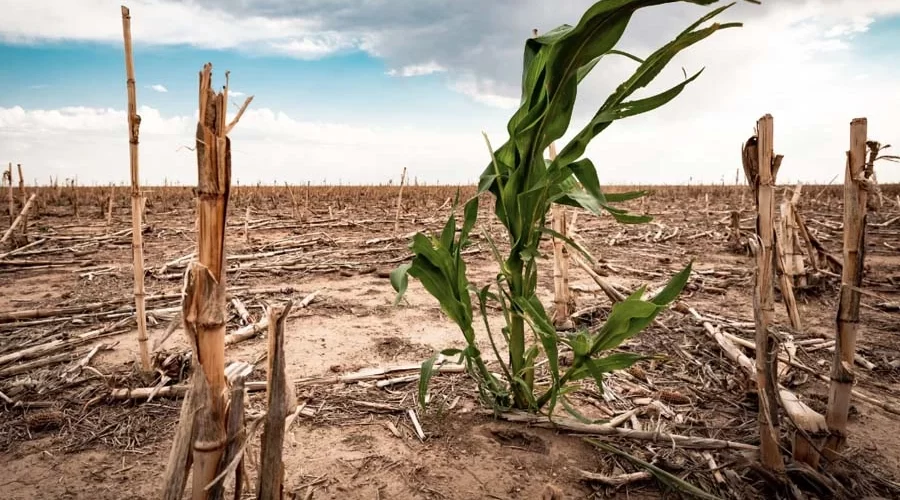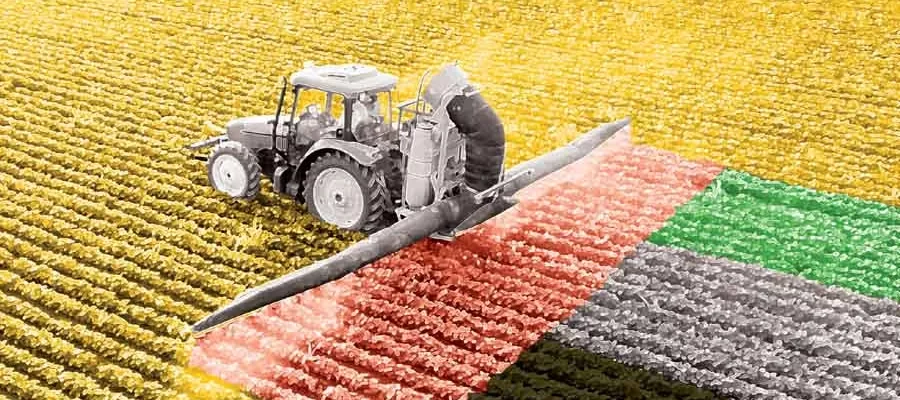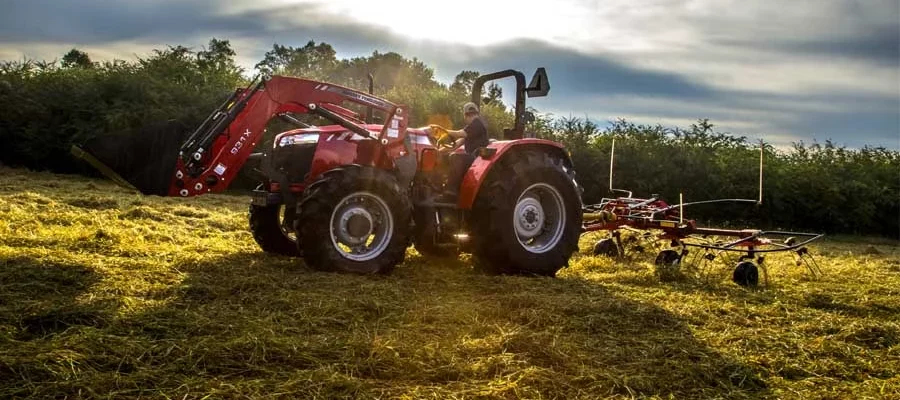
Climate change is a global phenomenon that has far-reaching implications for various aspects of human life. The United Arab Emirates (UAE), renowned for its rapid urbanization and diverse economy, is not immune to these impacts. Agriculture, a sector already grappling with harsh climatic conditions and scarce water resources, is particularly vulnerable. This article explores the impact of climate change on UAE agriculture and highlights the role of tractors in mitigating these challenges.
Climate Change: A Growing Threat to UAE Agriculture
The Intergovernmental Panel on Climate Change (IPCC) predicts that the Middle East region will experience higher temperatures, decreased rainfall, and increased frequency of extreme weather events due to climate change. These changes pose significant risks to UAE agriculture, including reduced crop productivity, increased pest and disease outbreaks, and increased salinity of groundwater.
The Role of Tractors in Mitigating Climate Change Impacts
Tractors play a crucial role in modern agriculture, facilitating a range of activities from ploughing and tilling to planting and harvesting. In the context of climate change, tractors – particularly those equipped with advanced technologies – can contribute to mitigation and adaptation efforts in several ways.
Enhancing Efficiency and Productivity
Advanced tractors equipped with precision agriculture technologies can help farmers make more efficient use of resources such as water and fertilizers. For example, GPS-guided tractors can apply the exact amount of water or fertilizer needed at each point in the field, reducing wastage and minimizing runoff. This is especially important in the UAE, where water is a scarce resource.
Reducing Greenhouse Gas Emissions
Tractors can also contribute to reducing greenhouse gas emissions, a key driver of climate change. Modern tractors are becoming increasingly fuel-efficient and some models are now powered by alternative fuels like biodiesel, reducing their carbon footprint. Additionally, efficient farming practices facilitated by tractors can reduce the need for multiple passes over the field, further cutting down on fuel consumption and emissions.
Facilitating Climate-Smart Farming Practices
Tractors can facilitate the adoption of climate-smart farming practices. For instance, conservation tillage – a practice that involves minimal soil disturbance and leaves crop residue on the field – can improve soil health, enhance water retention, and sequester carbon, helping mitigate climate change impacts. Tractors equipped with appropriate implements make it easier for farmers to adopt such practices. While climate change poses significant challenges to UAE’s agriculture, tools like tractors offer practical solutions for mitigating these impacts. By enhancing efficiency, reducing emissions, and facilitating climate-smart farming practices, tractors can play a key role in building a resilient and sustainable agricultural sector in the UAE.




Post a Comment